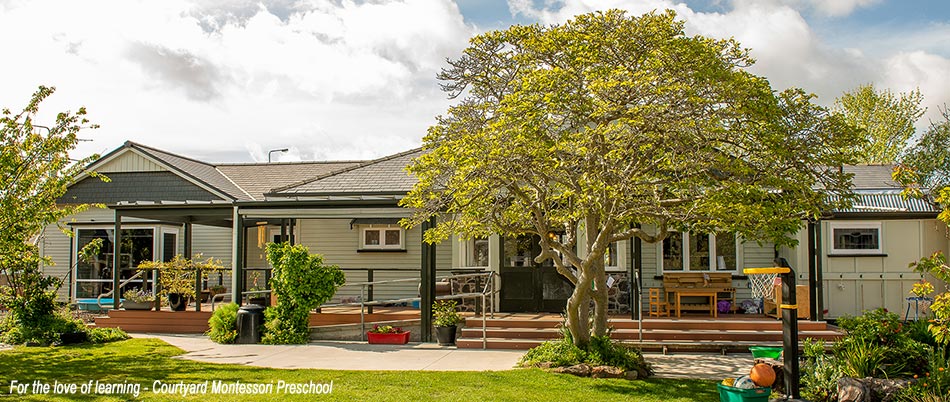Childhood experts agree that attending a high-quality preschool programme prepares children for kindergarten and beyond. The first six years of life are a critical period in a child’s development, where the pathways to a child’s lifetime social, emotional and educational outcomes begin. To best prepare your child for their next step in their education, it’s important to consider the value of attending Montessori preschool three or more days per week. To find out more about the benefits, see below.
Adjusting to Preschool
Settling into the routine of a Montessori preschool can be difficult for some children, especially if this is their first time in care. To make the transition to preschool easier, it is best to send your child four or more consecutive days per week. By developing a consistent preschool routine, children quickly adjust to the structure of the Montessori programme, and begin to see preschool as a home away from home. This encourages children to develop a strong sense of belonging, independence, and confidence, which leads to stronger social, emotional and educational outcomes.
Montessori Programme Results
Higher days of attendance provide children with both the opportunity and the continuity they need to truly thrive in the Montessori programme. Montessori Teachers across the globe have observed that children who attend five days per week find it easier to follow the progression of the Montessori programme. This is because students have the opportunity to spend more time in the Montessori classroom, pick up where they left off from the previous day, and build foundational knowledge through repetition, reflection and practice. By spending more time in the Montessori environment, children have increased opportunities to practice and master new skills and concepts and achieve their full potential.
Social Skills and Collaboration
Young children thrive on consistency, particularly when it comes to developing the skills of social development, communication and collaboration. By attending Montessori preschool four or more days per week, children establish strong bonds with their classmates and teachers. These bonds are the foundation of a harmonious children’s community, which leads to the development of a high performing Montessori classroom. Children who attend more days also tend to gravitate towards each other, as they can rely on each other to be present to work and play with. This encourages children to form friendships, work in teams, and collaborate, all while developing their social and communication skills.
Preparation for School
This steady journey of social, physical, mental and emotional preparation is only possible when children consistently attend preschool four or more days per week. To master the skills and knowledge required for school success, children need ample opportunities to practice, problem solve, collaborate, create and develop at their own pace. A child who attends Montessori preschool for one or two days per week is significantly less likely to graduate with the ability to read, write and count, than a child who attends four or five days per week. To ensure that children receive the greatest benefits from the Montessori programme, and start school ahead instead of behind, it is important that they attend preschool four or more days per week. This is particularly relevant between the ages of three and six.

